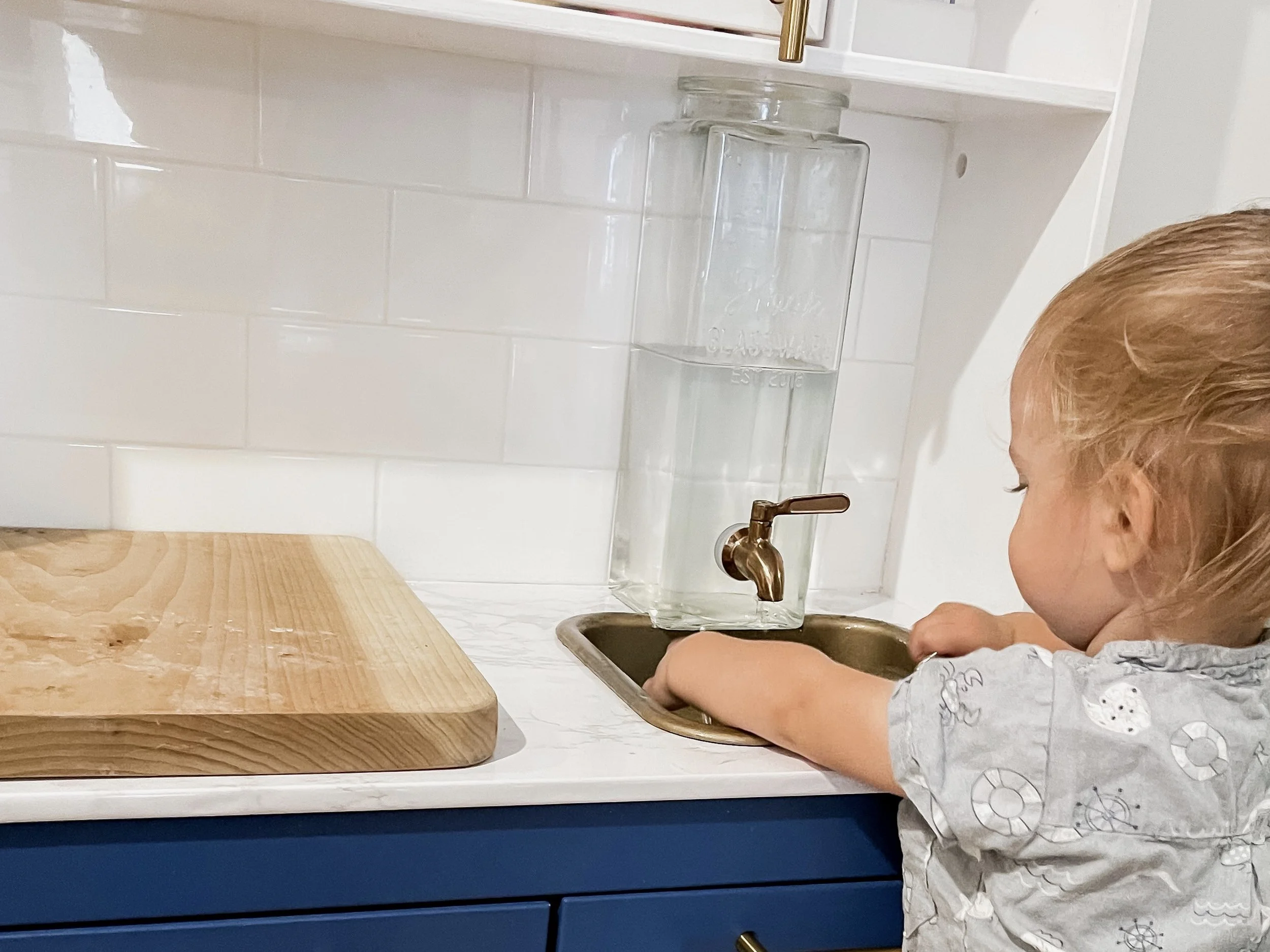Routines, Rhythms, and Rituals
This post may contain affiliate links, which means I may earn a small commission if you buy through my link but does not change your price.
Recently on Instagram I shared about the importance of routine for toddlers. The next day I shared that we do not have a schedule but instead follow a daily “rhythm.” This raised some questions: what does it mean to have routines without a schedule? This post should shed some light on how I see these all fitting together.
Rhythms v. Schedules
When I was pregnant I read books about scheduling and it seemed like what I wanted to do. I could know that my baby would sleep from 10:00-12:00 and could plan my day accordingly. While I never had a strict schedule in life I thought of myself as someone who would prefer that predictability to the alternative that all those books described where I wouldn’t know what would happen each day.
Then I had my son.
The first week I tried to schedule things he made it quite clear our lives would be miserable like that. I switched to following his cues: feeding on demand, looking for sleepy cues, ignoring the clock. Life got so much easier. I also realized I preferred that too. I didn’t have to stress if something went too long or if someone wanted to do something during a planned nap time. Naps could be anywhere and he was incredibly flexible about when they happened.
My life felt dictated by our needs not the clock. In the early days this was pretty unpredictable. He took multiple cat naps throughout the day, went to bed late, had no feeding predictability.
Slowly though I found we fell into a rhythm. We woke up, we had breakfast, we took a walk and he napped on the walk. We came back, played, had lunch, and he took another nap. Slowly there started to be less naps and more predictability around when they might be.
In the Montessori space the structure of the day is often referred to as a daily rhythm. This very aptly describes what we do each day. It wasn’t created based on the clock or based on an idea of what we should be doing. It came from following his cues, meeting my needs, and slowly finding there was a rhythm to our days.
Our daily rhythm looks something like this: wake up, nurse, have breakfast and get ready for the day, play a bit, go outside. He naps while we take a walk. Then we come back, play a bit, and get lunch ready. After lunch we play a bit more, maybe run errands or go back outside, have a snack, and he takes another nap. After the nap we play a bit more and get dinner ready. We have dinner and then do our bedtime routine. All of this can vary quite a bit. The main anchors in our days are meals which generally happen at fairly predictable times (breakfast after getting ready in the morning, lunch around noon, dinner at 5:30 or 6:00).
I love that none of these things must happen at a particular time and they can all happen anywhere. We can take our morning walk anywhere in the world and he will nap on it. It is definitely not the chaos that the books discussing schedules suggested we would have without one.
Routines
Where do routines fit into all of this? I believe routines are essential for toddlers because they give a sort of predictability. They let our toddlers know what to expect and when done well allow them to be involved. They appeal to their sense of order which they are in the sensitive period for. Routines though do not require a schedule.
We have several routines to our day. We have our mealtime routine, for example, of washing up, eating together, and cleaning up after. We have a bedtime routine with bath, brushing teeth, books, and nursing. These routines for the most part can travel anywhere and do not require a clock. In fact they go well with the rhythm because they give more predictability on days when there is more variety. My son knows what to expect at mealtime no matter where it is, for example. We have a wind-down routine before bed. Routines signal a move to a different part of our daily rhythm.
The wonderful about routines is Yitzchak is able to have autonomy in it. When we are done with our meal we take him out of the high chair. He walks over to the learning tower and climbs up. I turn on the water and he washes his hands. He knows what to expect and as a result he is able to be an active participant in it.
Rituals
Another part of how we structure our lives is our rituals. These happen less frequently than items in our daily rhythm or routine. Rituals though can add to our lives by giving something to look forward to, bonding our family, and creating a family culture.
I have at times gone overboard creating rituals and some didn’t stick. Others have stuck around though and have become a special part of our life.
One example of a ritual we have is our weekly waffles on Sunday. This is a longstanding ritual going back to before we were married. We looked forward to introducing Yitzchak to it when he started solids. We always look forward to these and I hope this creates special memories for our children. Occasionally they don’t happen because we are traveling but most weeks Sunday is waffle day.
We also have religious rituals that guide or week and our year.
I hope this clears up some of the confusion and how all three can fit together even without a schedule.


